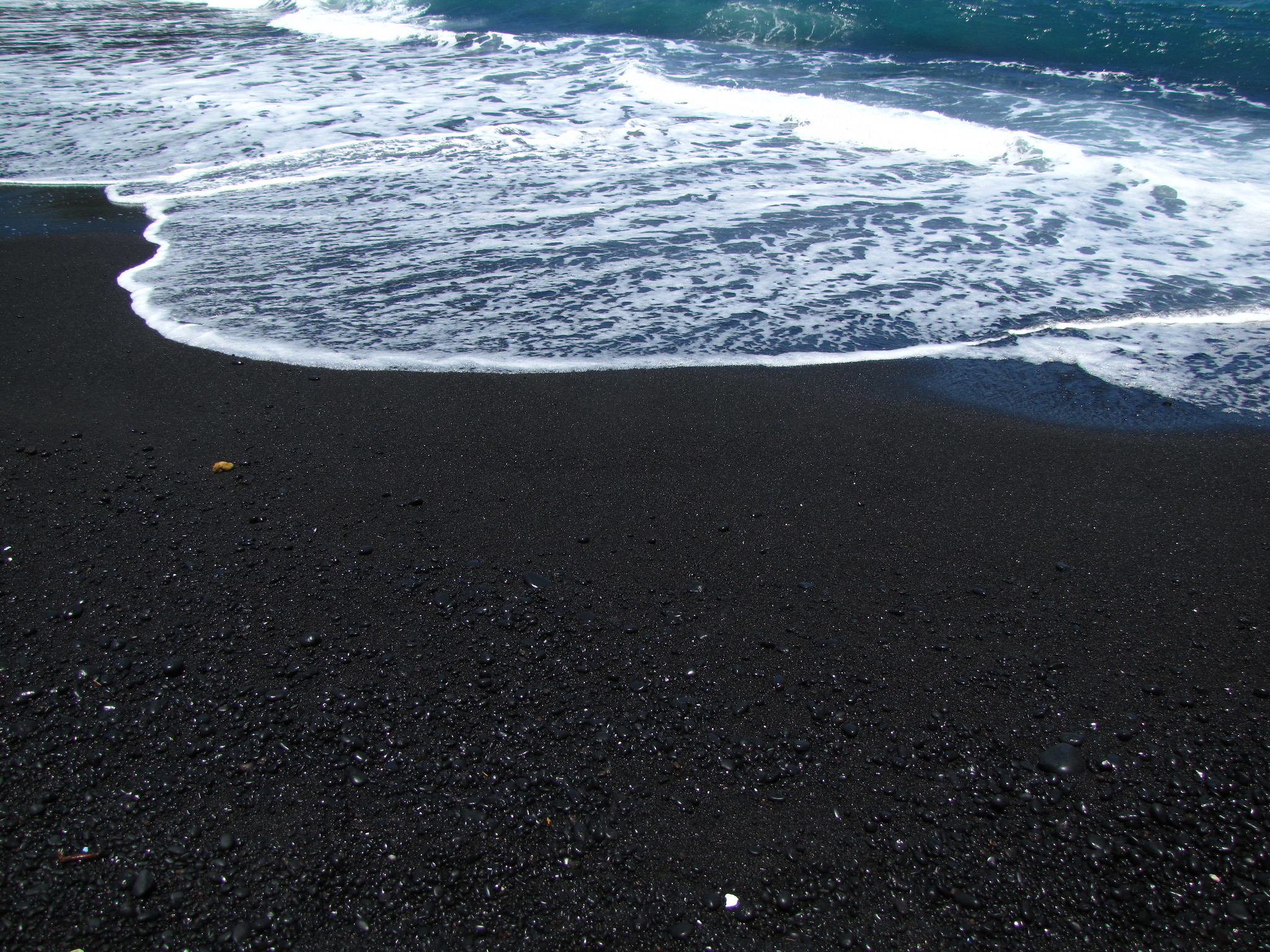News release
From:
Shallow-water mining is not a sustainable alternative to deep-water mining, scientists argue
Shallow-water mining projects are already underway in Namibia and Indonesia, and projects have been proposed in Mexico, New Zealand, and Sweden, but the effects of these projects haven’t been fully investigated. Scientists publishing on September 13 in the journal Trends in Ecology and Evolution argue that shallow-water mining needs more rigorous environmental evaluation before it can be declared safe and sustainable.
The mining, which takes place at depths less than 200 meters, has been touted as less destructive than terrestrial mining and less risky than mining in poorly understood deep-water ecosystems, but the authors cast doubt on this assertion. “Claims of reduced environmental impacts of shallow-water mining are not backed by credible evaluations but by hopes and assumptions that support a pro-mining narrative,” write the authors.
Extracting valuable materials such as gold, cobalt, copper, and phosphorites from the shallow-water ocean floor requires dredging large amounts of sediment. Removing this sediment, which takes thousands of years to accumulate, means removing the organisms that call it home. The authors caution that this removal of habitat and inhabitants will result in biodiversity loss.
“In the absence of impartial comparisons of the ecological effects of different types of mining practices, there are no environmental or socioeconomic justifications in favor of shallow-water mining,” write the authors.



 New Zealand; Pacific; International
New Zealand; Pacific; International



